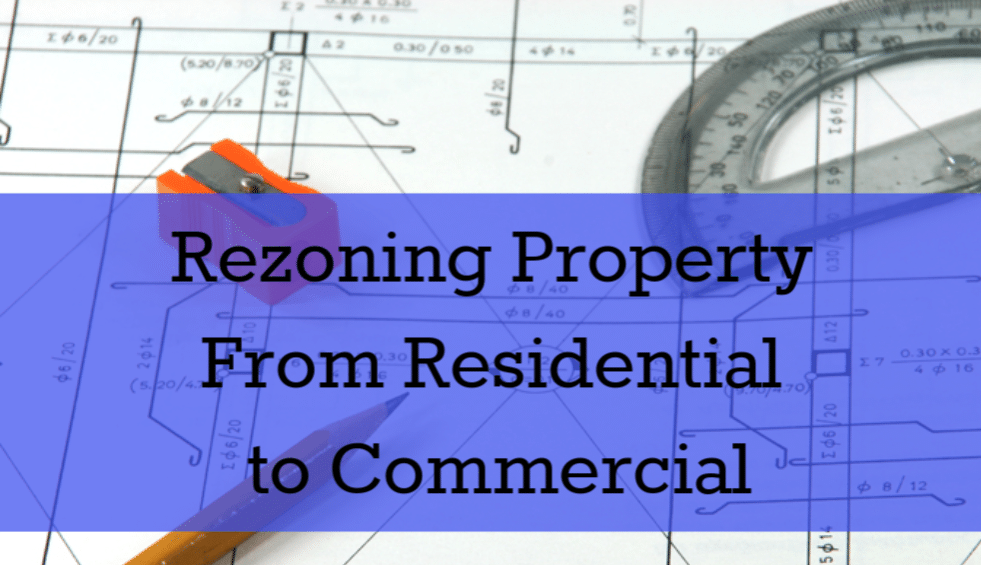If your neighborhood could potentially be rezoned, it may be a stressful experience for you.
During the construction process, you could be dealing with risky situations like cranes and heavy machinery. If you have kids, this can be especially scary for you. Then, let’s say an area close to your becomes rezoned for commercial use, it could impact your quality of life and your property values.
It’s an unfortunate situation, and the following are some things to know.
What is Rezoning?
You may have heard whispers of rezoning in your neighborhood, but perhaps you’re not entirely sure what it means.
Zoning determines the function of a property in any given location.
Property can be zoned for industrial or commercial use, or residential use.
There are also properties that are zoned for multiple uses—for example, in a live/work community.
A property owner or the city government can go through a rezoning process if they want to change what property can be used for.
An example of why you, as a residential homeowner, might want to go through the rezoning process could be if you want to split a piece of land so that you could put more than one residence on it.
There are a lot of limitations to rezoning. For example, some cities put a cap on the number of new buildings that can go up every year.
What you’ll frequently see is that areas adjacent to residential neighborhoods might be rezoned for commercial use, for retail, for example, or you might see developers who want to rezone property to put apartments or other types of multi-family housing there. In the case of apartments and multi-family properties, this is typically called moving from low-density to high-density residential.
Concerns people have in these cases include more people and traffic, noise and safety issues, and potential drops in property values, as was touched on above.
What If You Oppose Rezoning?
If you live in a community and you don’t want it to be rezoned, there are steps you can take.
You have to learn the rules where you live because they vary quite a bit between locations.
You should receive written notice that will have given you details about the potential zone change. This notice should also include information about deadlines and hearings that are coming up to address the issue.
You may need to talk to a land-use attorney to ensure that you have all the dates clear so that you can be ready to fight the rezoning.
The burden of proof is on the applicant who wants to rezone the property, and they have to show different standards are met. For example, they may need to show a need for the zone change or that the zone change will remain consistent with how the surrounding property is used.
Put Together An Opposition Group
If you receive notice of a possible re-zoning and you want to oppose it, strength in numbers is important. You should have meetings in your neighborhood to see who’s interested in being vocal about the opposition.
The person who ultimately makes the decision needs to hear from you and understand your concerns. Decision-makers might include the city council, the county board, or a planning commission.
Your group should plan to attend the scheduled public hearing. If you don’t attend the hearing, you may lose your right to appeal.
You might be able to submit a written testimony instead of going to the hearing, but this isn’t always the case.
A petition can be a good way to voice concerns and show strength in your numbers, but a petition alone won’t reserve your right to appeal if the rezoning is approved.
A lot of the work you’re going to do to oppose a rezoning is about bringing together as many voices that are representative of the community as you can. You need to be unified and informed.
It’s also so important to understand all the procedural details. This could be where you lose your bid to block rezoning. If you don’t know where to be and when, or what to submit, or even who to talk to, your voice may not be heard.
Start with a full understanding of what the applicant wants, and then go from there. Any opportunity that arises where you can share your opinion, try to take advantage of and if possible, do so in person.
Even if you don’t fully get what you want, you may be able to reach a compromise. For more detail Furniture Vinyl Wrap visit our website.


